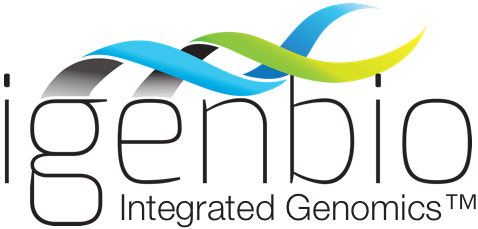Complete reconstitution of the human coenzyme A biosynthetic pathway via comparative genomics.
/Daugherty M, Polanuyer B, Farrell M, Scholle M, Lykidis A, de Crécy-Lagard V, Osterman A.
The biosynthesis of CoA from pantothenic acid (vitamin B5) is an essential universal pathway in prokaryotes and eukaryotes. The CoA biosynthetic genes in bacteria have all recently been identified, but their counterparts in humans and other eukaryotes remained mostly unknown. Using comparative genomics, we have identified human genes encoding the last four enzymatic steps in CoA biosynthesis: phosphopantothenoylcysteine synthetase (EC ), phosphopantothenoylcysteine decarboxylase (EC ), phosphopantetheine adenylyltransferase (EC ), and dephospho-CoA kinase (EC ). Biological functions of these human genes were verified using a complementation system in Escherichia coli based on transposon mutagenesis. The individual human enzymes were overexpressed in E. coli and purified, and the corresponding activities were experimentally verified. In addition, the entire pathway from phosphopantothenate to CoA was successfully reconstituted in vitro using a mixture of purified recombinant enzymes. Human recombinant bifunctional phosphopantetheine adenylyltransferase/dephospho-CoA kinase was kinetically characterized. This enzyme was previously suggested as a point of CoA biosynthesis regulation, and we have observed significant differences in mRNA levels of the corresponding human gene in normal and tumor cells by Northern blot analysis.
J Biol Chem. 2002 Jun 14;277(24):21431-9. Epub 2002 Mar 28.


